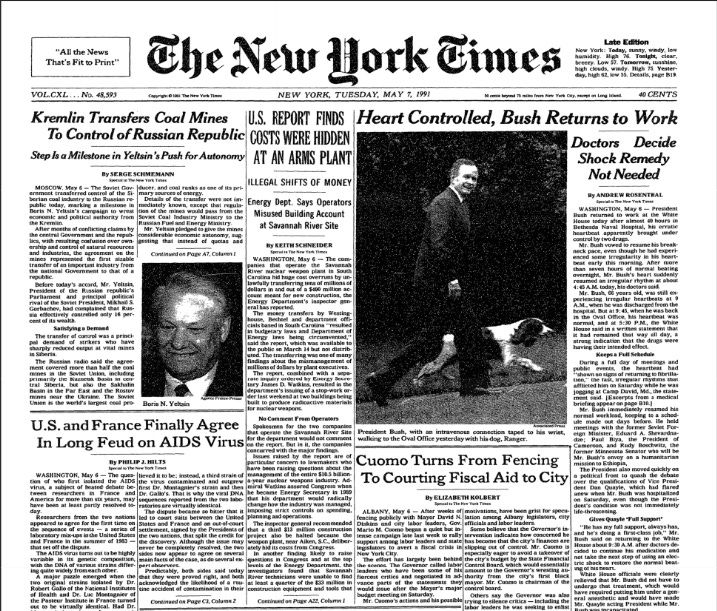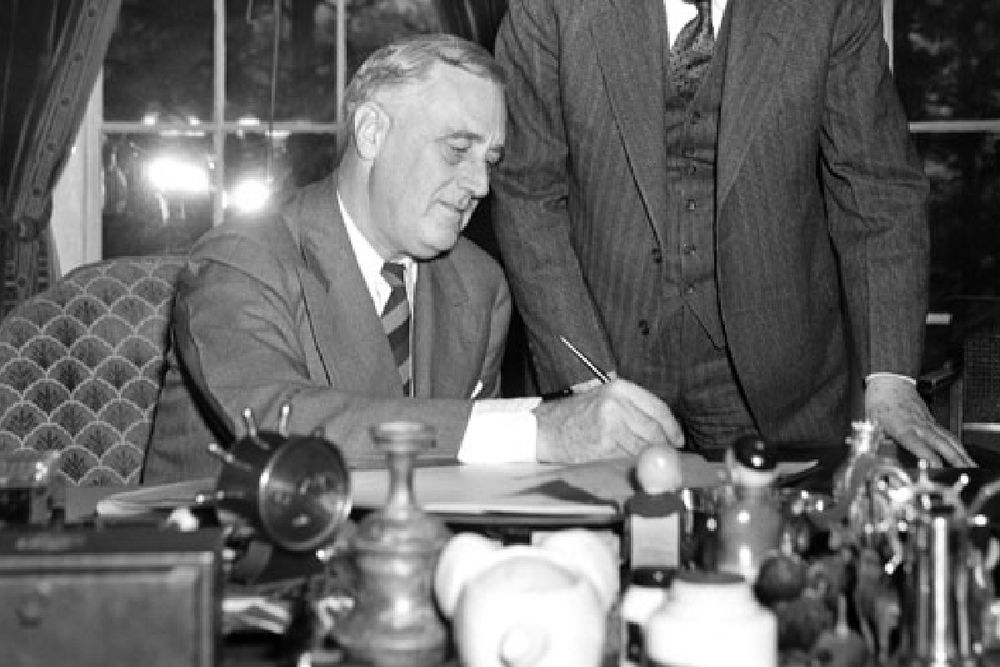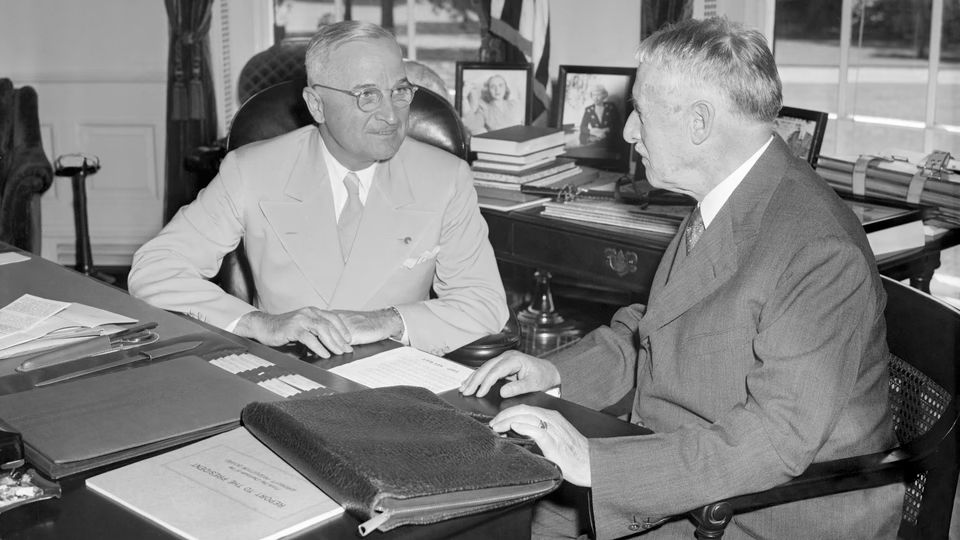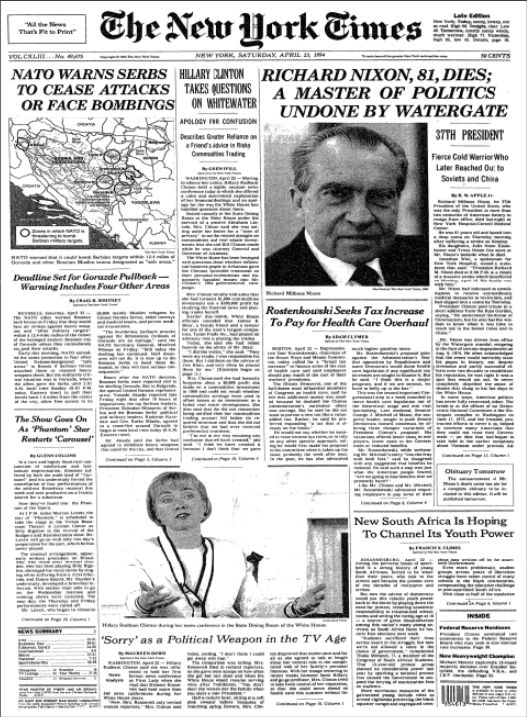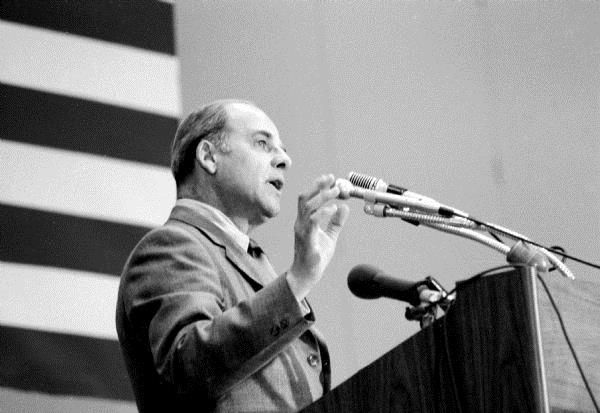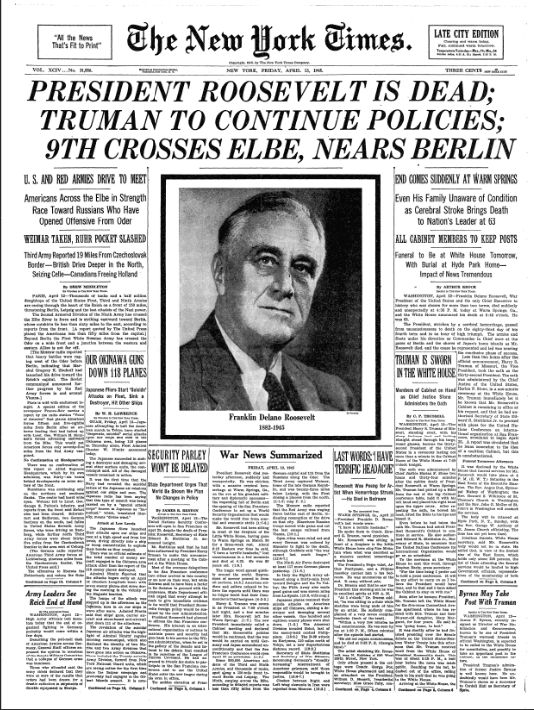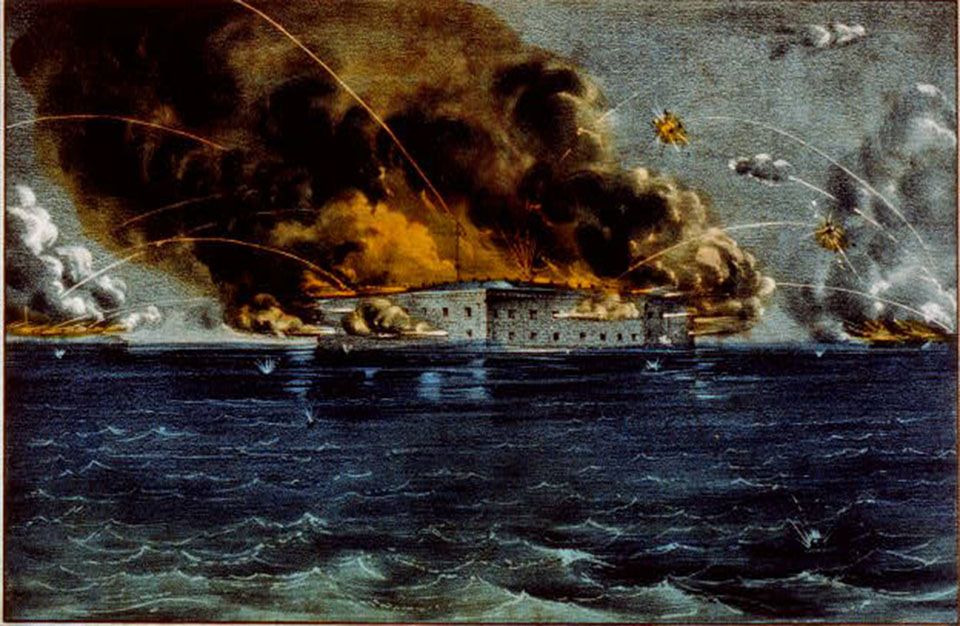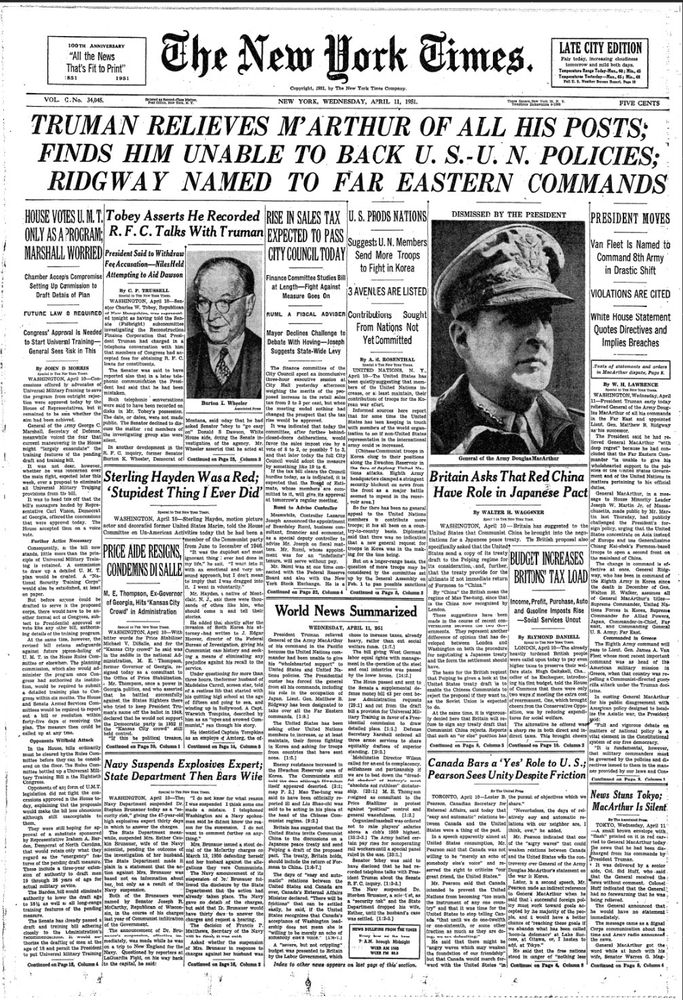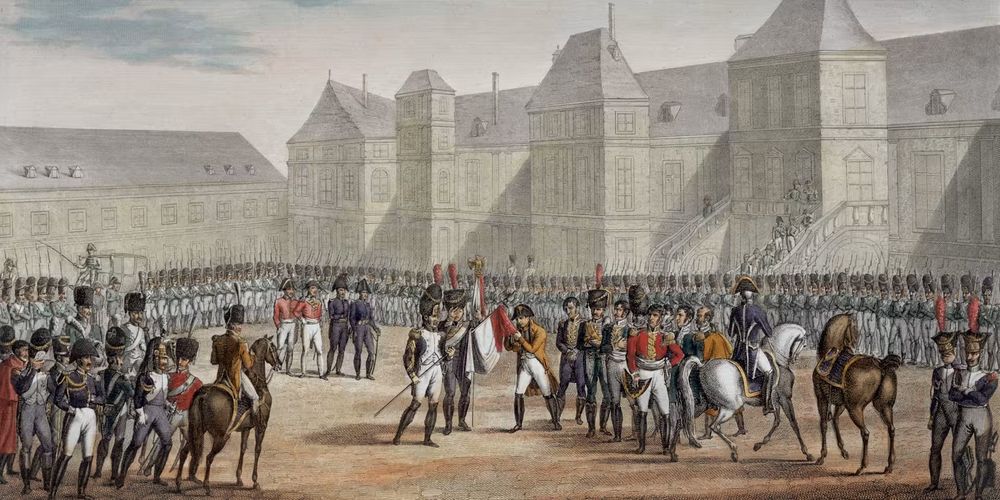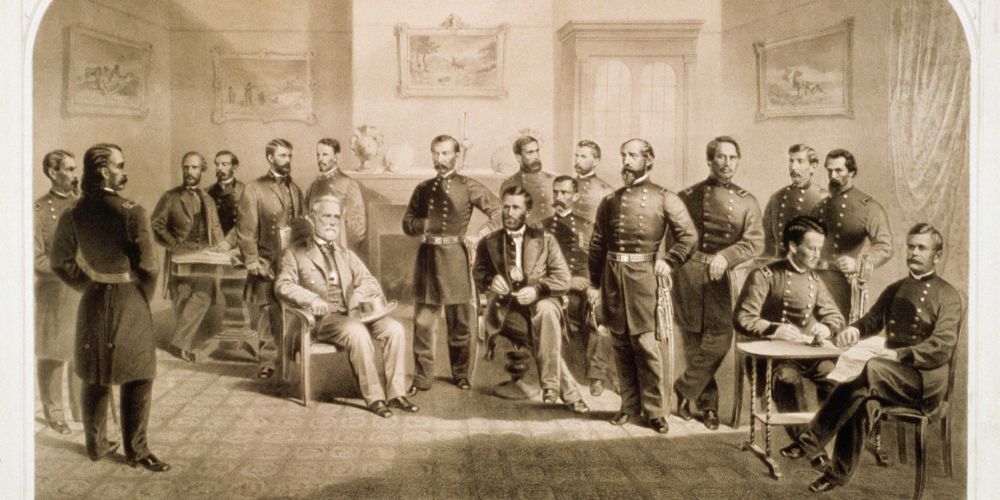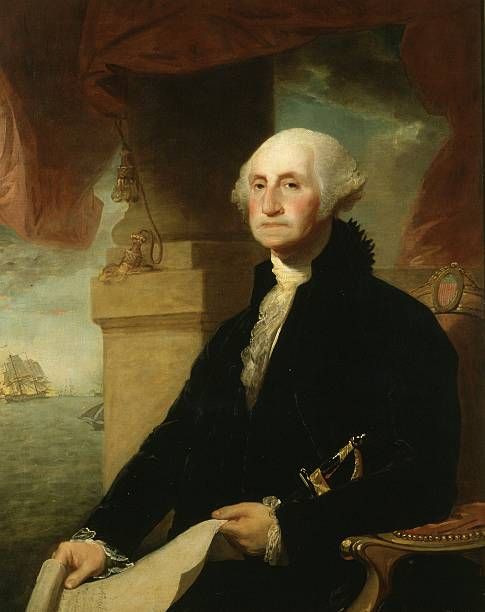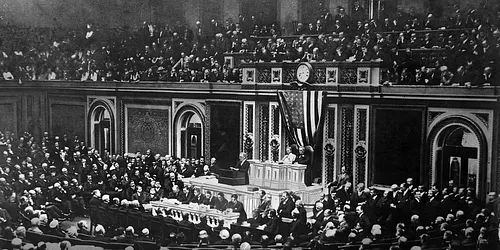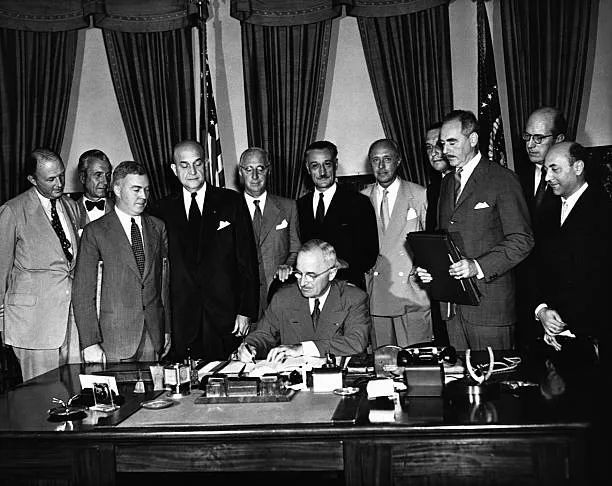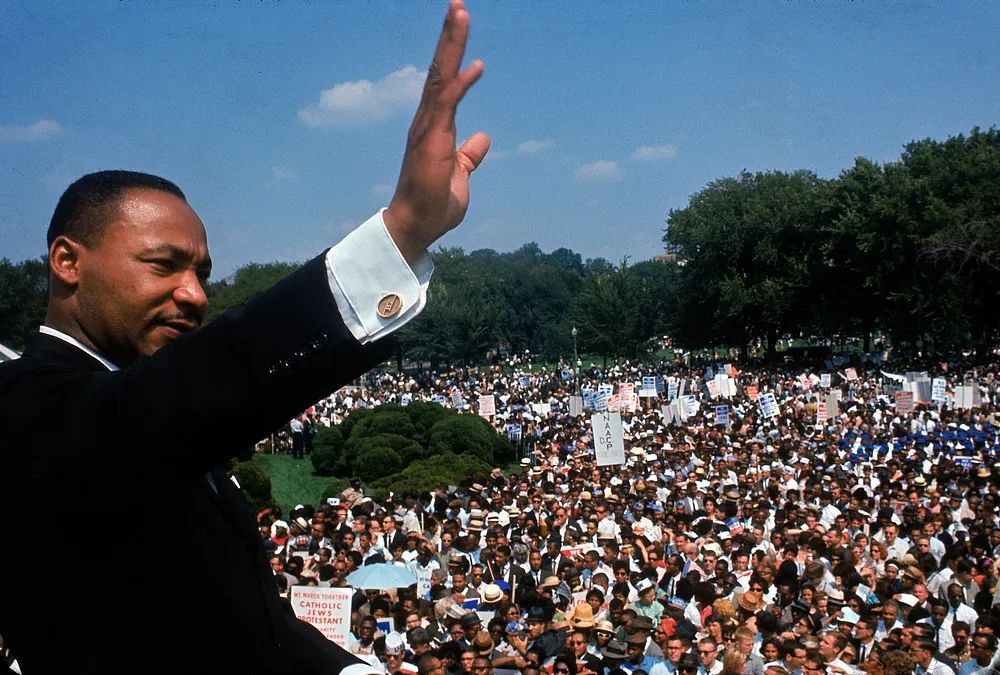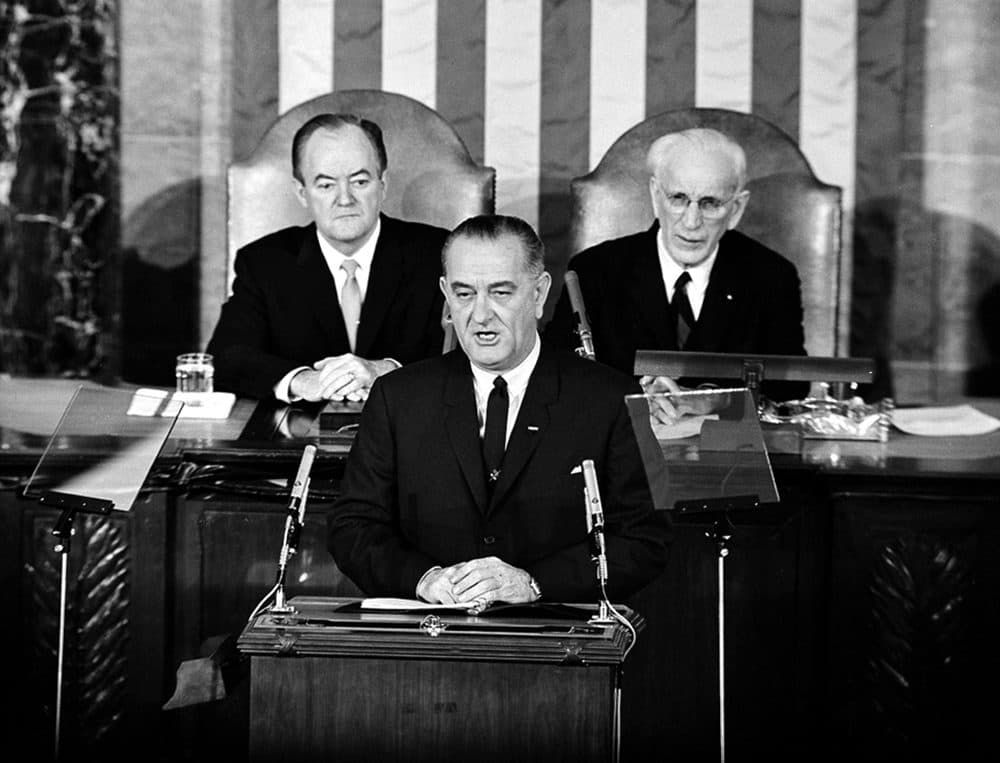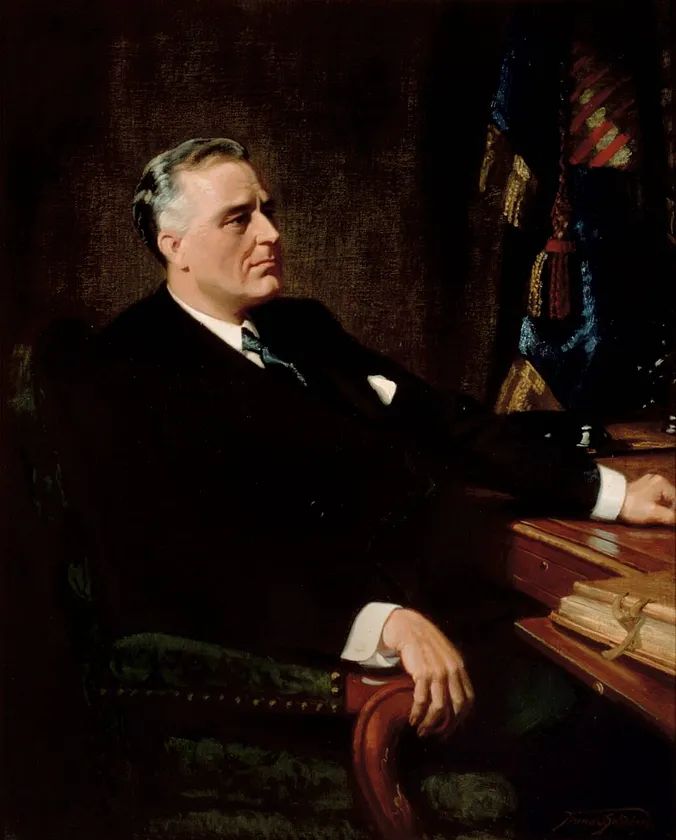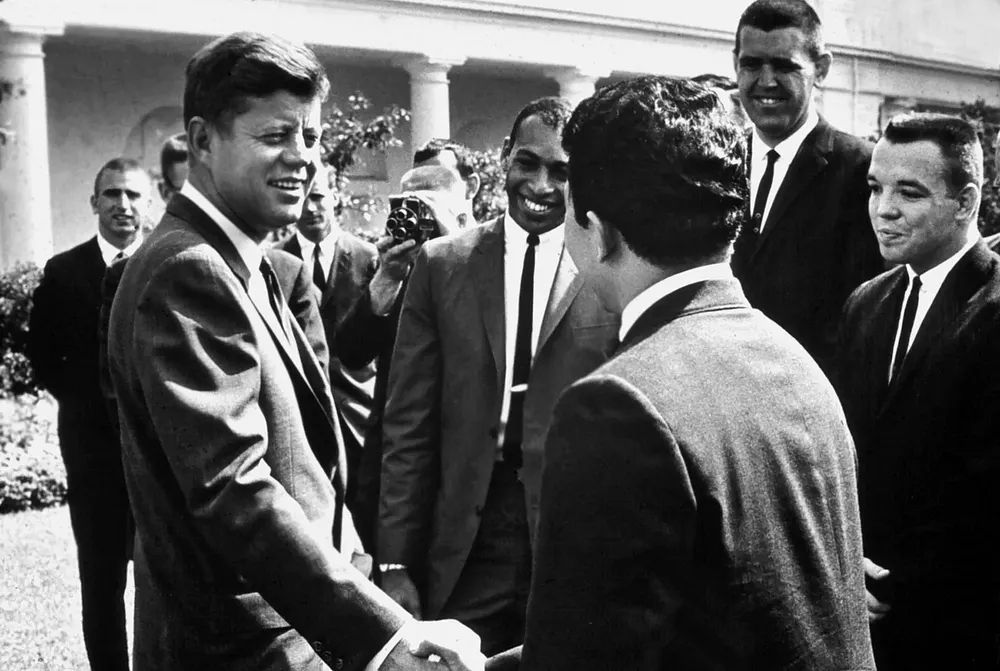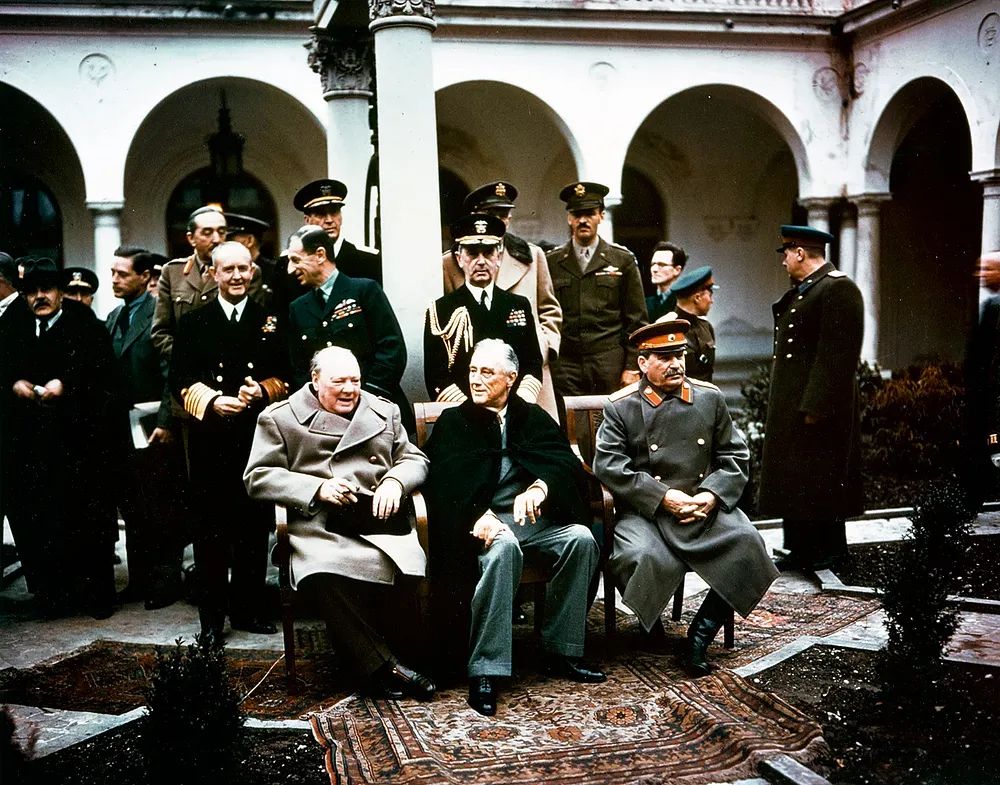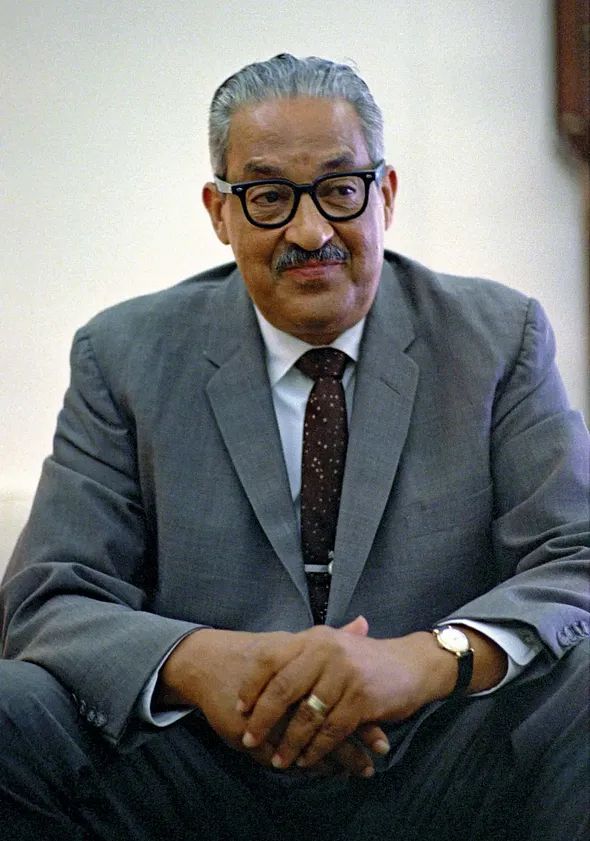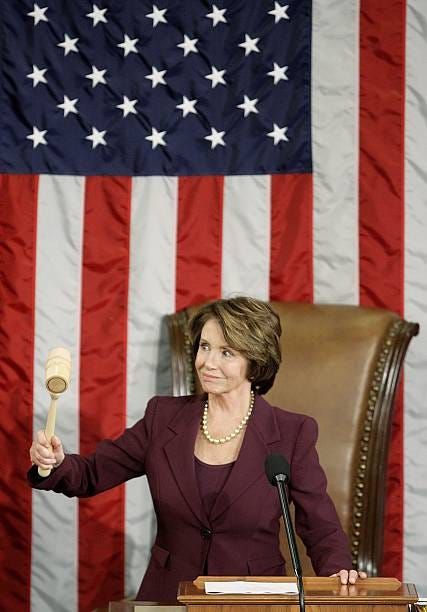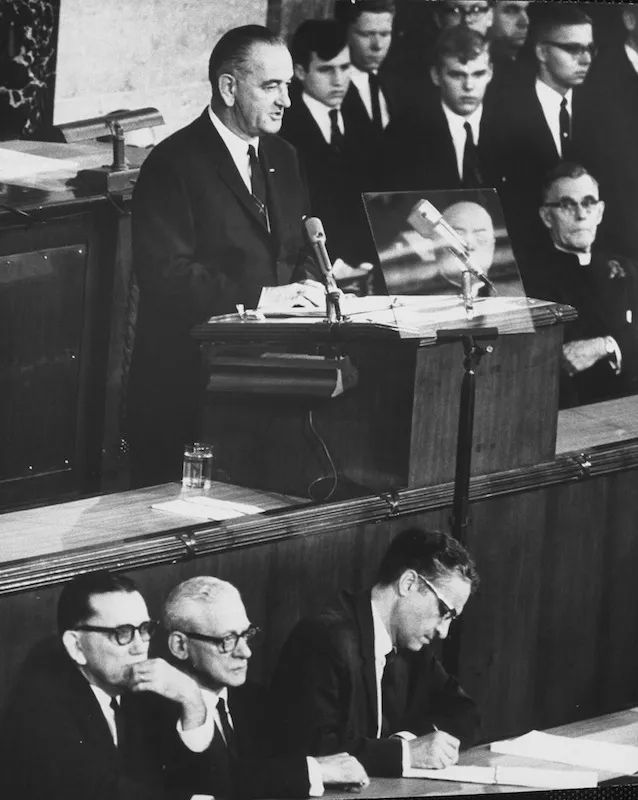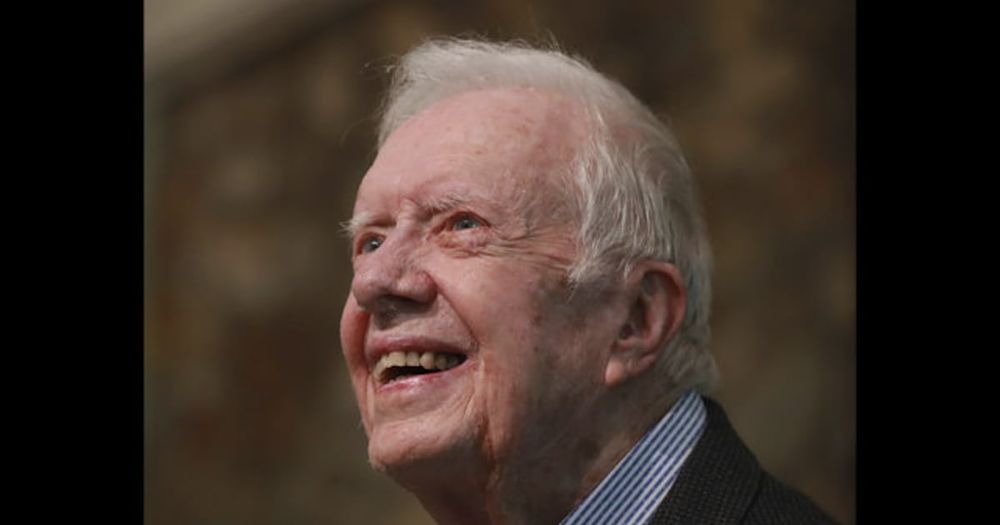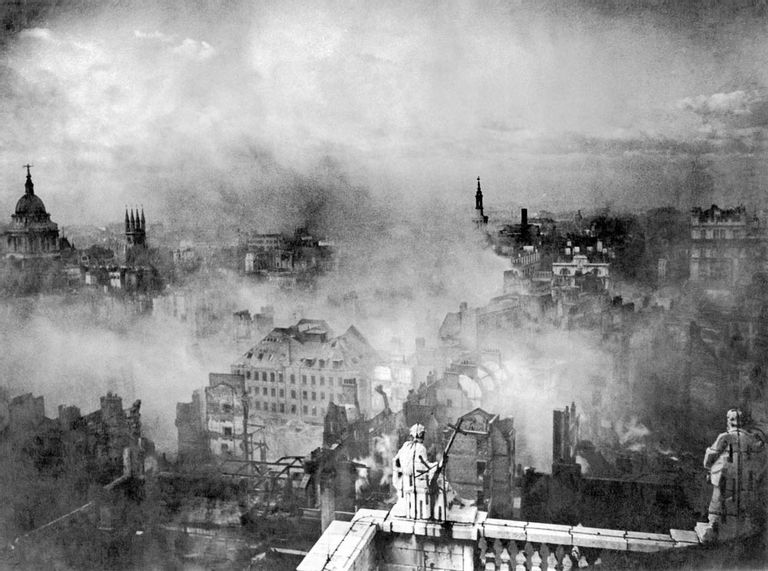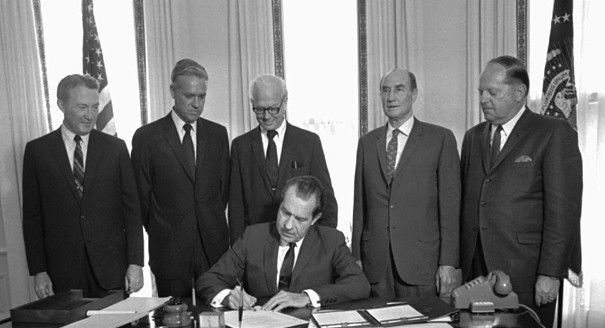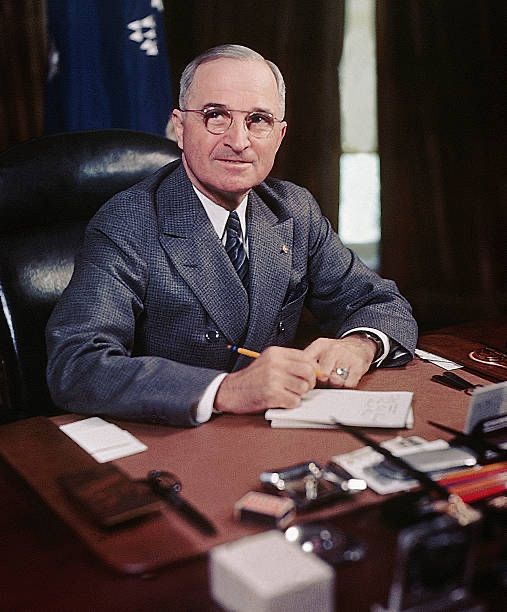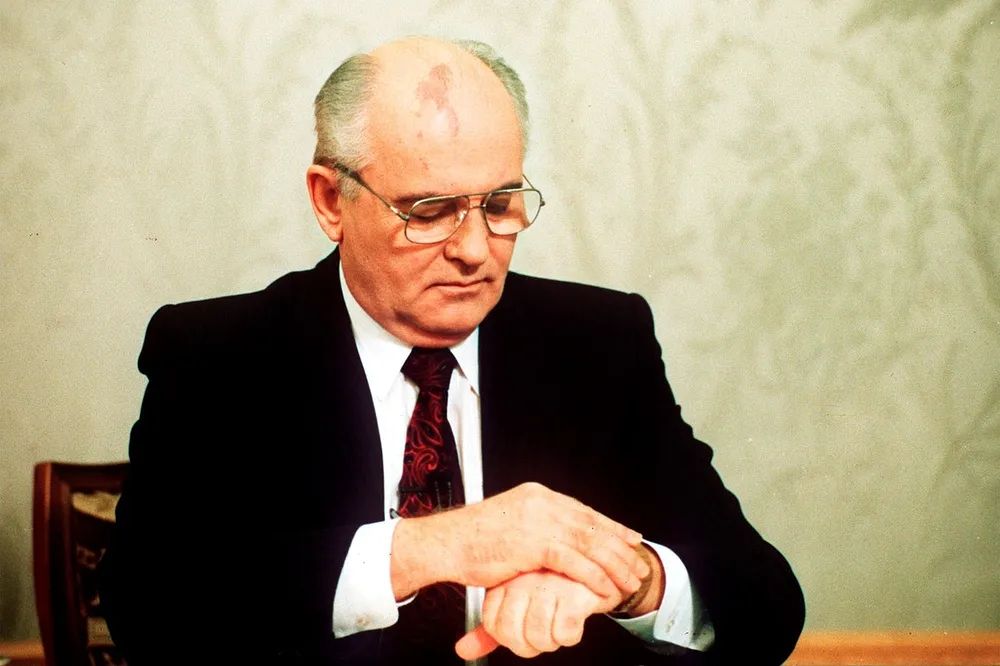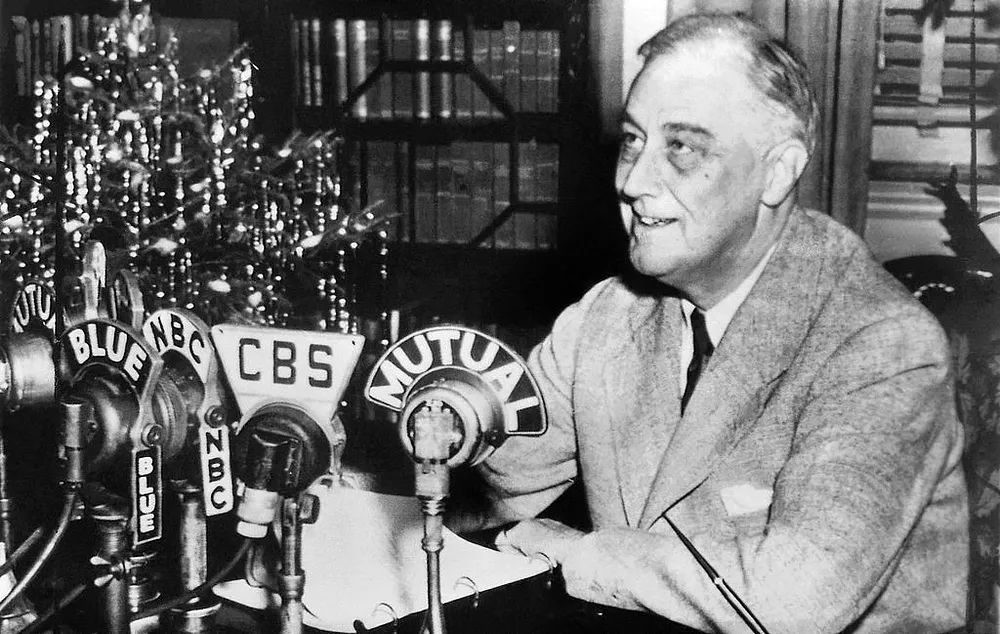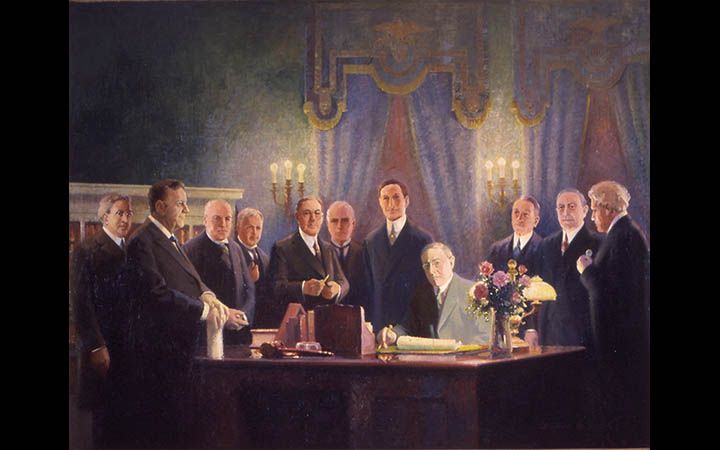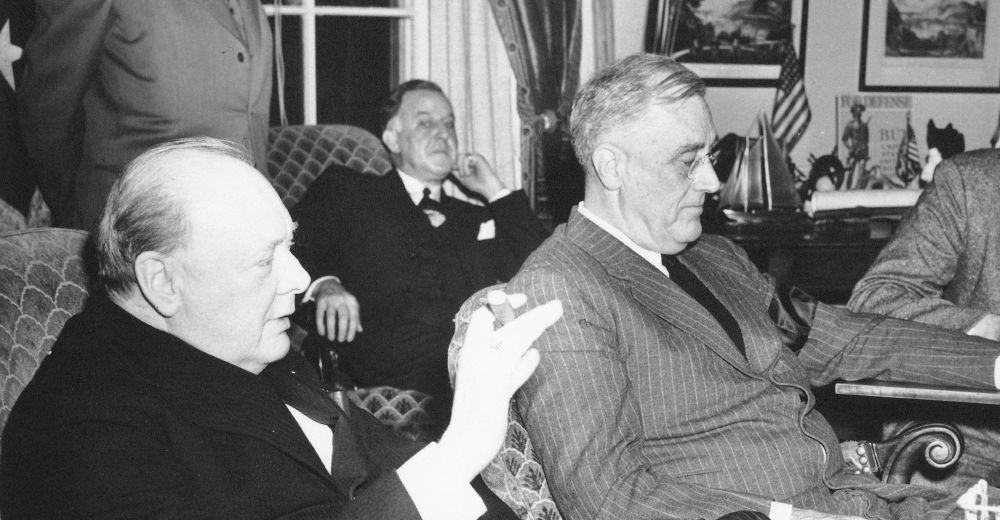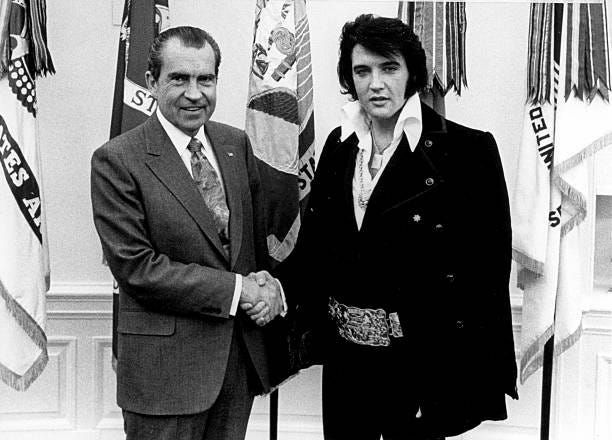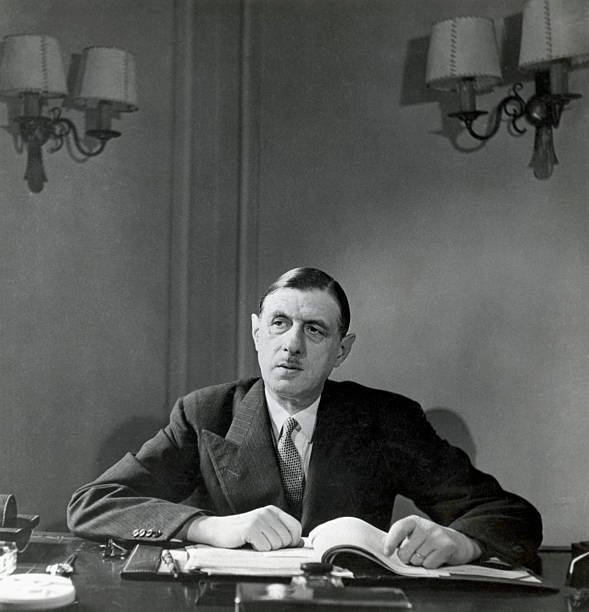Jacob Redman
Documenting history one day at a time. Newspaper enthusiast.
West Virginia native.
American University alumnus.
Author of Everything Briefing:
everythingbriefing.substack.com
- On this day in 1991, President George H. W. Bush returned to the White House after nearly 40 hours at Bethesda Naval Hospital, where he was treated for an irregular heartbeat. Photo: The New York Times
- On this day in 1935, President Franklin D. Roosevelt established the Works Progress Administration (WPA) via executive order. The public works program became a cornerstone of Roosevelt’s New Deal vision, employing more than three million people in the midst of the Great Depression.
- Follow @campaignhistory.bsky.social for daily campaign history—published by yours truly.
- Clinton/Gore ad circa 1992.
- Go follow @campaignhistory.bsky.social for daily campaign history!
- On April 25, 1945, Secretary of War Henry Stimson and Army Lieutenant General Leslie Groves informed President Harry S. Truman of the Manhattan Project—the clandestine research initiative that led to the development of the world’s first nuclear weapons. Photo: Bettmann/Getty Images
- On April 22, 1994, former President Richard Nixon died at the age of 81 after suffering a stroke. President Bill Clinton, Senator Bob Dole, and others delivered remarks at his funeral in Yorba Linda, California, a week later. Photo: The New York Times
- The first Earth Day was celebrated on this day in 1970. The observance was spearheaded by Wisconsin Senator Gaylord Nelson as a way to raise public awareness about environmental issues. Photo: Wisconsin Historical Society
- On this day in 1945, President Franklin Delano Roosevelt died at the age of 63 in Warm Springs, Georgia. The 32nd president was elected in the midst of the Great Depression and led the nation through the Second World War, serving an unprecedented twelve years in office. Photo: The New York Times
- On April 12, 1861, the American Civil War began when Confederate forces fired on Union-held Fort Sumter in Charleston, South Carolina. Photo: National Park Service
- On this day in 1951, President Harry Truman relieved General Douglas MacArthur of his command. Photo: The New York Times
- On April 11, 1814, Napoleon Bonaparte formally abdicated as Emperor of the French Empire. Photo: Corbis via Getty Images
- On this day in 1865, Confederate General Robert E. Lee surrendered to Union General Ulysses S. Grant in Appomattox, Virginia, effectively ending the four-year-long Civil War. Photo: Corbis/VCG via Getty Images
- On April 5, 1792, President George Washington issued the first presidential veto; the legislation was related to congressional redistricting. Photo: Getty Images
- On this day in 1917, the United States entered World War I after the House of Representatives adopted a declaration of war against Germany in a 373 to 50 vote. Photo: Getty Images
- On April 4, 1949, the North Atlantic Treaty Organization (NATO), a Western military alliance, was established in Washington, D.C. Photo: Getty Images
- On this day in 1968, Dr. Martin Luther King Jr. was assassinated in Memphis, Tennessee. Photo: LIFE
- On this day in 1965, President Lyndon B. Johnson called for the passage of the Voting Rights Act, proclaiming, "we shall overcome" to a joint session of Congress. Photo: Associated Press
- Franklin Delano Roosevelt was inaugurated as the 32nd president of the United States on March 4, 1933, in the midst of the Great Depression. Photo: White House Historical Association
- On March 1, 1961, President John F. Kennedy established the Peace Corps. Photo: Britannica
- On February 11, 1945, the “Big Three” Allied leaders concluded eight days of talks in Yalta. The conference took place just two months before President Franklin D. Roosevelt’s death. Photo: Britannica
- Former Supreme Court Justice Thurgood Marshall died on this day in 1993. Image: Britannica
- On January 4, 2007, California Congresswoman Nancy Pelosi was elected speaker of the House of Representatives, becoming the first woman to lead the chamber. Photo: Getty Images
- On January 4, 1965, President Lyndon B. Johnson laid out his vision for his Great Society program in an address to a joint session of Congress. Photo: The LIFE Picture Collection/Getty
- Former President Jimmy Carter has died at the age of 100. www.ajc.com/news/former-...
- On December 29, 1940, Nazi Germany dropped over 100,000 bombs on London, causing a city-wide inferno that came to be known as the “Second Great Fire of London.” Photo: The Council on Foreign Relations
- On this day in 1856, future President Woodrow Wilson was born. Photo: Getty Images
- On December 28, 1973, President Richard Nixon signed the Endangered Species Act into law. Photo: Politico
- On December 26, 1972, President Harry S. Truman died at the age of 88. Photo: Getty Images
- On December 25, 1991, Mikhail Gorbachev announced in a televised address that he would resign as premier of the Soviet Union, ending the last vestige of the communist government. Photo: Associated Press
- On December 24, 1943, President Franklin D. Roosevelt announced in his end-of-year radio address that he would name General Dwight Eisenhower to serve as Supreme Commander of Allied forces in Europe. Photo: Wikimedia Commons
- On December 24, 1979, the Soviet Union invaded Afghanistan. Photo: Britannica
- On this day in 1913, President Woodrow Wilson signed the Federal Reserve Act into law, establishing a central banking system. Photo: Woodrow Wilson Presidential Library
- On this day in 1941, President Franklin D. Roosevelt hosted British Prime Minister Winston Churchill at the White House to discuss war strategy following Japan’s deadly surprise attack on Pearl Harbor. Photo: U.S. Army War College
- On this day in 1970, President Richard Nixon hosted Elvis Presley at the White House. Photo: Getty Images
- On December 21, 1958, Charles de Gaulle was elected president of France. Photo: Getty Images

